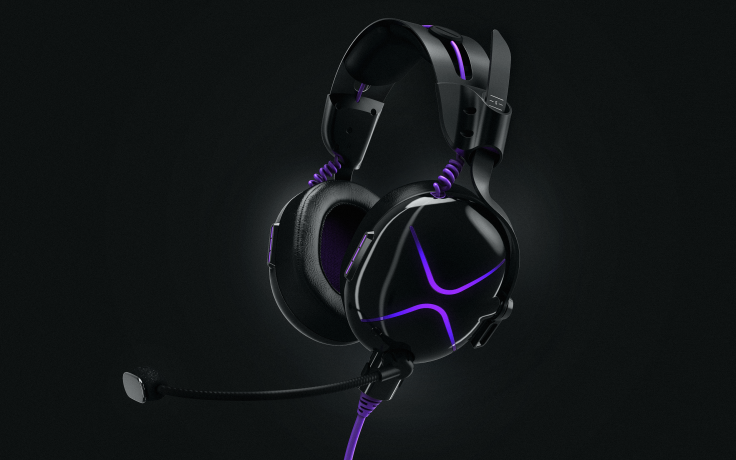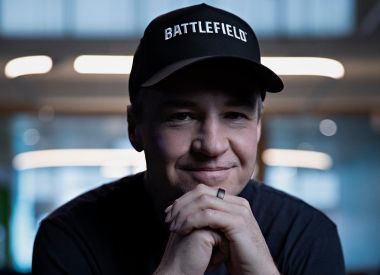Esports events have become massive spectacles, with matches filling stadiums with cheering fans. However, unlike other professional athletes, esports pros use the same gear many of us have in our living rooms. That’s where Oz Maker saw an opportunity.
Maker is the general manager of Victrix, a company developing a high-end gaming headset for esports pros. The flagship headset, the Pro AF, will be used in competitive play by CWL Dallas champs Team Kaliber during this weekend’s Call of Duty World League competition in New Orleans. Maker talked to Player.One about what makes the Pro AF stand apart from other headsets, and why it is a gamechanger for pro esports players.
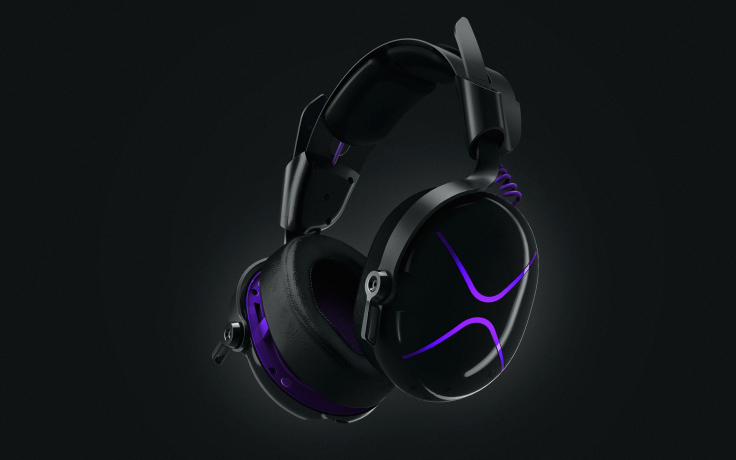
“We noticed the equipment the pros were using were designed for home use. We talked to the pros and they said comfort was most important,” Maker told Player.One. “We asked them what was lacking, and they said their microphones were lacking. As engineers, we looked for the root cause of why their microphones were lacking.”
Because esports players typically compete in front of crowds, they often have to shout into their headsets to be heard during matches. Maker looked to the aviation world, particularly at Cobra attack helicopter pilots, for inspiration about how to make a better mic.
“The tournament floor for Call of Duty is really hopping, and can get to 85 decibels. That’s quite loud. A jet engine is 110 decibels,” Maker said. Instead of sacrificing comfort for better noise isolation, Victrix used those ideas from the aviation world to make a better system for filtering out unwanted noise. “The microphone design on the headset is overkill for esports use, for sure, but it’s really good at getting the job done. The players, they talk in a relaxed manner as if they’re playing at home.”
Another thing Maker noticed? Esports players can get hot while playing, due to the bright lights and intense action. That led the Victrix team to add a built-in cooling system.
“Players want to take off their headsets in between rounds, but they cannot because they have a couple minutes until the next round begins, and their captain is strategizing and talking to their teammates. They keep the headset on, but shift their ear cups to cool off,” said Maker. “There are a couple of levers on the back of the headset, so the player can open them and instantly get a cooling sensation.”
The cooling system works fast, and helps players stay more relaxed under pressure. “Our measurements say in 15 seconds, the heat and humidity reset to the levels they were at before putting the headset on,” Maker said.
The Pro AF also differs from most gaming headsets by offering aviation-grade active noise cancelling, which helps pros focus on the match. “There are four additional microphones on the ear cups that listen to the ambient sound and cancel it out using algorithms running on the headset,” said Maker. “We achieve around -45 decibels cancellation.”
Maker says the headset offers around 70 percent of the cancellation on the low end, which really helps eliminate crowd noise. “Our headset has more in common with an aviation headset that sells for around $1000 than a gaming headset,” he said.
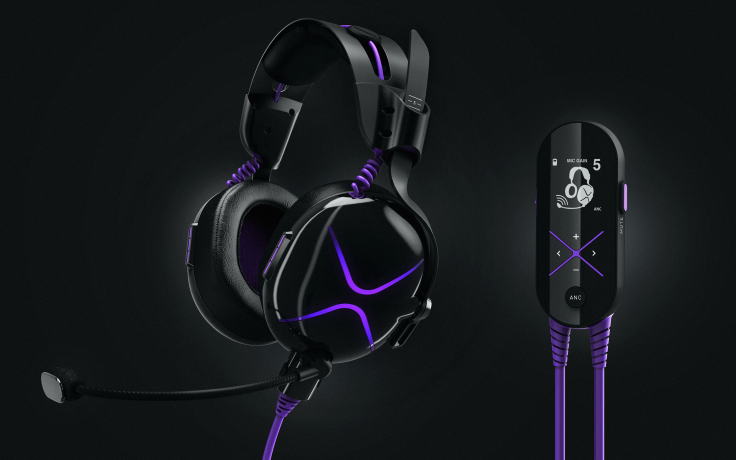
The Pro AF uses an in-line box to power the active noise cancellation, which allows the headset to be one of the lightest around. The mostly metal construction ensures the headset will be durable as well.
Even though the Pro AF headset is designed for pros, the team at Victrix didn’t have many connections into the esports world at first. The company decided to simply show up to an event and set up nearby, offering a warm-up area for pro teams that didn’t have their own facilities to practice before the tournament.
“By the second day, we were having a hard time keeping up giving demos,” Maker said. “By the end of the second day, we were getting noticed by the large teams.”
Within 24 hours after the end of the tournament, Maker said champions Team Kaliber contacted Victrix to work out a sponsorship deal. “They didn’t have a current sponsor and the conditions were right, so we made a deal.”
Maker says the Pro AF headset will benefit all pro gamers, but the team at Victrix looks to focus on console FPS games first, and will be attending Halo professional events in the future, a similar demographic to the Call of Duty pro scene.
The Pro AF is still in its beta testing phase, and Maker is excited about CWL New Orleans, as it will yield a large amount of feedback to improve the final design. The beta period is scheduled to run until the spring, and once done, the headset will be available for preorder. The headset is expected to ship starting on June 9.
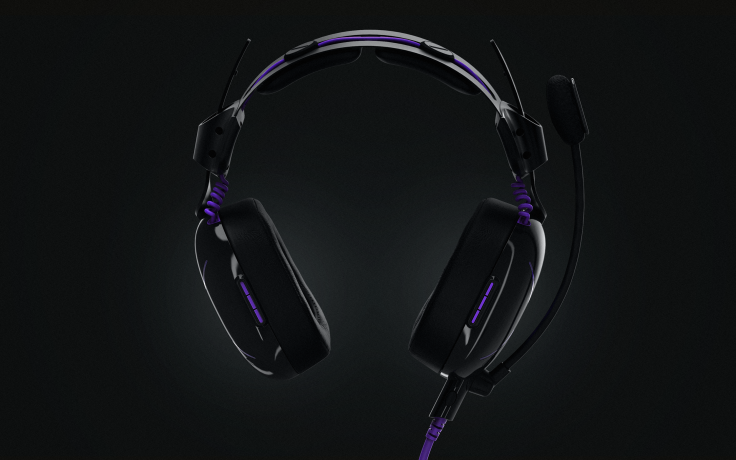
Despite taking inspiration from aviation headsets costing $700-$1000, the Pro AF will retail for $299.99. “It is premium, so it has a premium price point,” said Maker. “We feel it’s still a great value for what it brings to players.”
Be sure to check out CWL New Orleans this weekend to see the Pro AF in action.
So what do you think? Are you interested in trying out the Pro AF for yourself? Do you think you’ll leave the professional-grade equipment to the pros? Let us know your thoughts in the comments section below.

